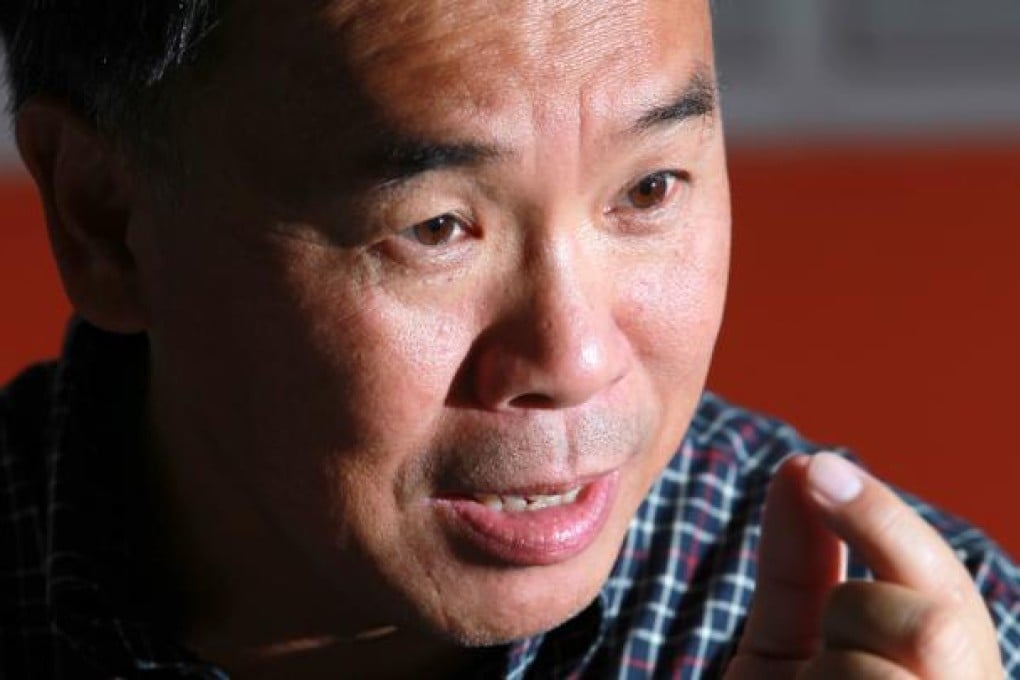
Government organisations collect a wealth of personal data about citizens they are not at liberty to disclose. A lot of it, however, yields information indispensable to good government. In using it or making it available for research, officials must safeguard privacy. A case in point is the Hospital Authority. Health researchers say it holds a gold mine of data crucial to research into public health issues. However, it often cites privacy as an excuse for not releasing it, even though identities and addresses need not be revealed.
For example, as we reported earlier, the authority has not granted a request by university researchers six months ago for access to geographical data about attempted suicides that would enable them to build a profile of high-risk areas and the need for prevention services. The authority said the request "carries the risks of revealing individuals' identity, thereby breaching the Personal Data (Privacy) Ordinance".
Yet how could this be if actual names and exact addresses were withheld or otherwise safeguarded? Surely the Office of the Privacy Commissioner for Personal Data could give guidance to the authority and the researchers if it is needed on how to ensure respect for personal privacy?
The authority says it supports academic research and freedom of information subject to compliance with the ordinance. Authorities in other countries including Britain release similar information to researchers without breaching privacy laws. Dr Paul Yip Sui-fai, director of the University of Hong Kong's Centre for Suicide Research and Prevention, says data held by the authority is vital to identifying problem areas and directing the right kind of resources to them.
Coincidentally, this month is also the deadline for submissions to the Ombudsman's investigation into the public's right and ability to access government information, presently subject to an outdated code. A free flow of information and access to it is fundamental to good government and accountability. In practice invoking privacy concerns can be an easy way around the extra resources and work involved in vetting and clearing data for legitimate use. Hopefully the Ombudsman's report will propose a more responsible approach. The lack of an effective regime for access to information, and of a public archives law to control what is discarded and kept by government departments do nothing for the city's reputation for openness and transparency.